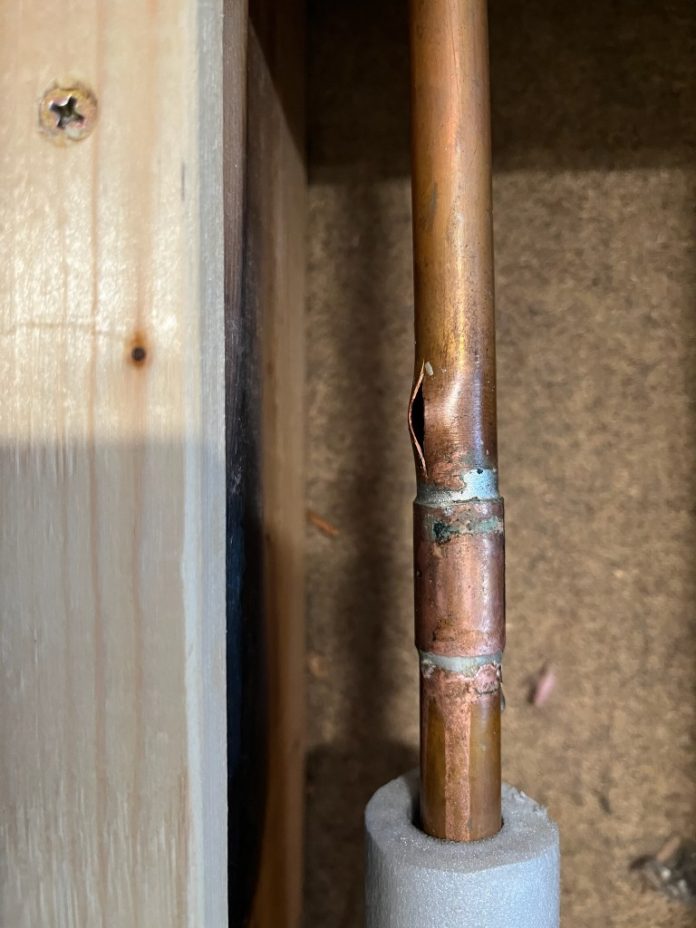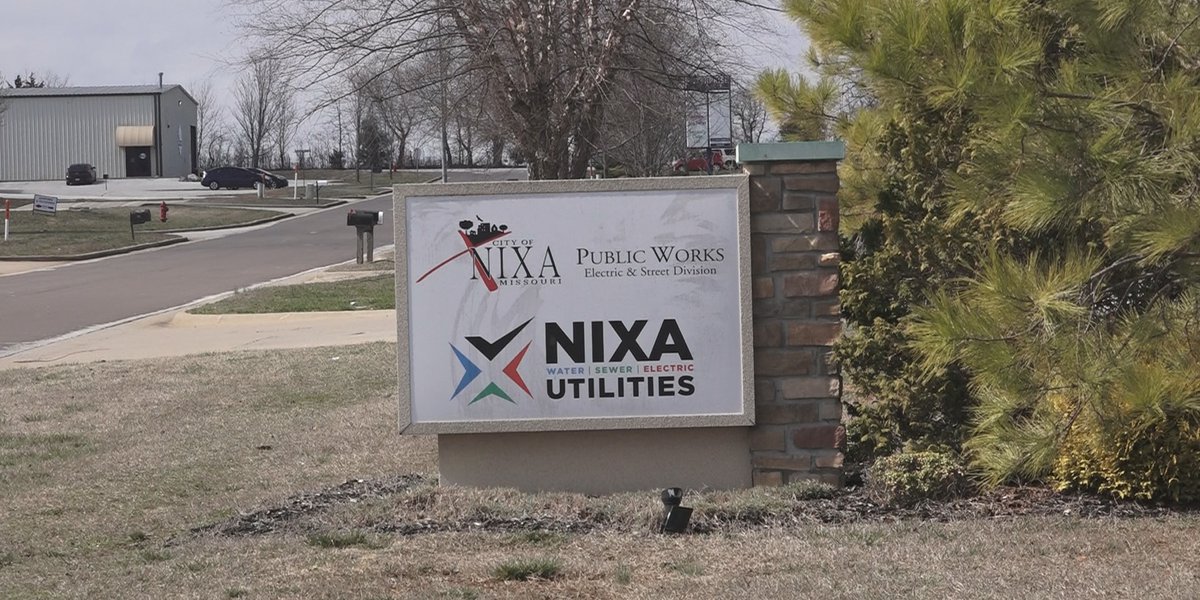February is one of the coldest months of the year in Colorado, and Josh Ward, owner of Applewood Plumbing Heating and Electric urges Jeffco residents to continue checking their pipes for damage.
The coldest days in Denver Metro weather history occur in December, January and February, according to the National Weather Service.
“With an average winter temperature of 32.7 degrees in Denver, pipes are at a higher risk of freezing with increased chances of bursting,” Ward said. “When low temperatures in the teens are expected for extended periods of time, pipes are more susceptible to freezing. Once frozen, water’s volume increases by 9%. When this occurs in a closed pipe, the pressure rises causing the pipe to burst. The pipes that are most likely to freeze are in unheated areas such as attics, crawl spaces and along outside walls.”
Ward warns that a pipe damaged from the cold can lead to bigger problems and more damage to the home.
“Water damage from a fractured pipe can result in issues such as ruined electrical systems, corroded plumbing, mold growth and destroyed ceilings and walls,” he said.
Fortunately, there are ways to prevent, spot and quickly treat the pipes to minimize damage until the professionals come out.
Ward and his team at Applewood Plumbing Heating and Electric recommend the following measures to protect pipes during cold weather:
- Set the thermostat to at least 55 degrees. Keep the temperature consistent both during the day and night.
- Insulate pipes in unheated areas. This can also reduce heat loss and make water heating more efficient.
- Seal any air leaks. Using caulk or plaster can prevent cold air flow into the wall space. These leaks are most commonly found around pipes or electrical work.
- Let warm water drip. The best time to do this is at night because it will keep the water flowing and help prevent freezing overnight.
- Open cabinets under sinks or vanities. This will expose the pipes to warm air.
When pipes burst, the pressure of the frozen water is actually strong enough to split metal. The break in the photo was due to a frozen pipe. Credit: Photo courtesy Applewood Plumbing Heating & Electric
There are a few signs to look for to determine if a pipe has frozen, such as icy patches or frost on exposed pipes, weak or no water flow, unwanted smell from a drain or faucet and strange noises coming from the pipes.
If a pipe does burst, follow these steps to reduce water damage:
- Shut off the main water valve immediately. This is where the water supply enters your house.
- Locate the pipe. If it is not obvious, check under sinks and colder areas of the home.
- Relieve any pressure. Open the faucet that is connected to the pipe.
- Call a plumber. When there is leaking water or ice coming from the pipe, it is best to call for professional assistance.
Winter is not quite over, so take these steps to ensure that your pipes and your home stay intact until Spring. For information about frozen pipes and home repairs, visit ApplewoodFixIt.com.
RELATED ARTICLES
coloradocommunitymedia.com
https://coloradocommunitymedia.com/2024/02/09/lakewood-plumbing-service-warns-jeffco-residents-to-check-their-pipes-in-severe-cold-weather/















